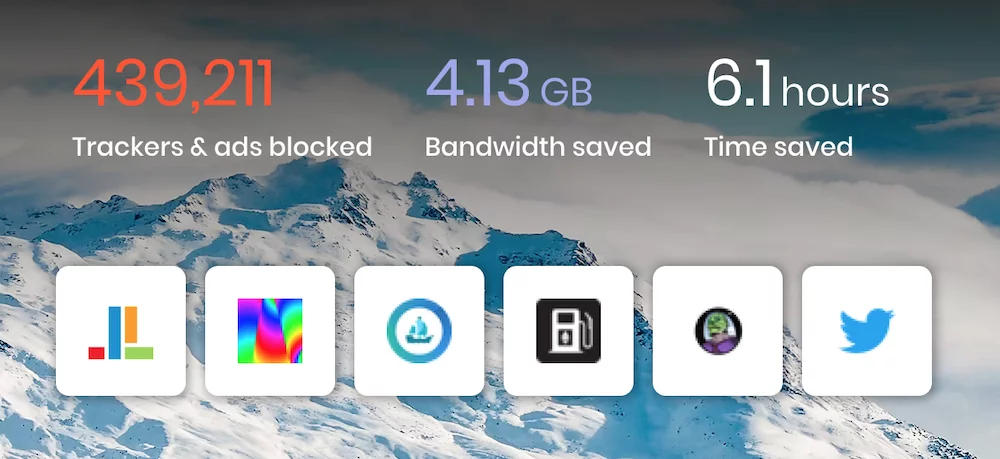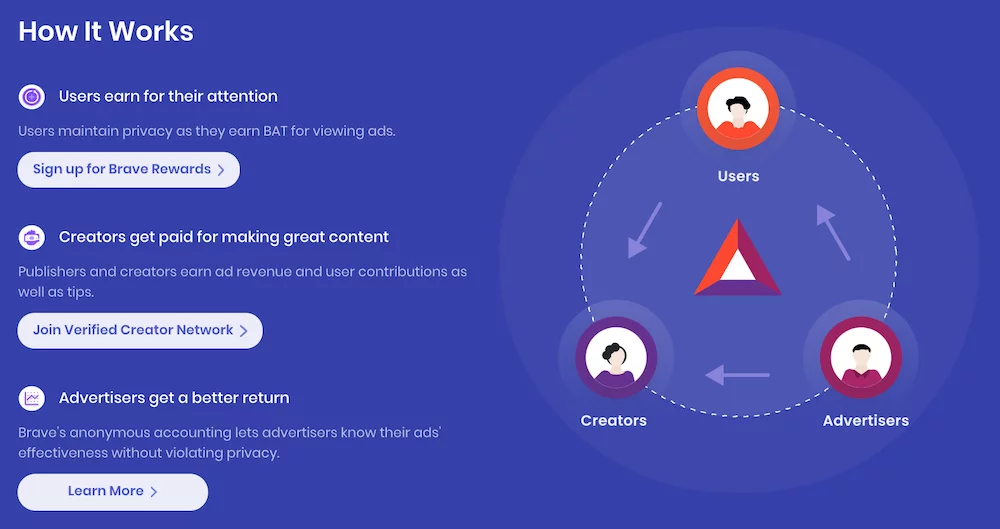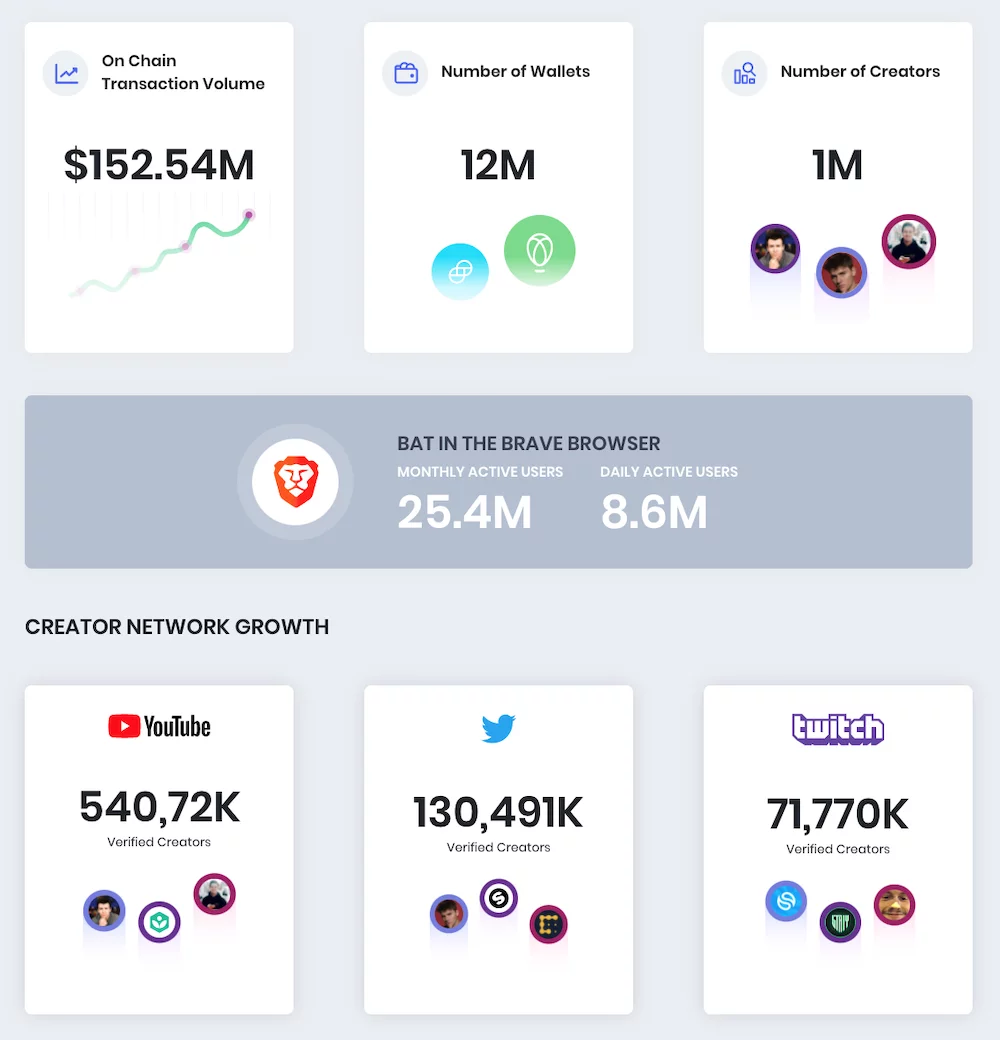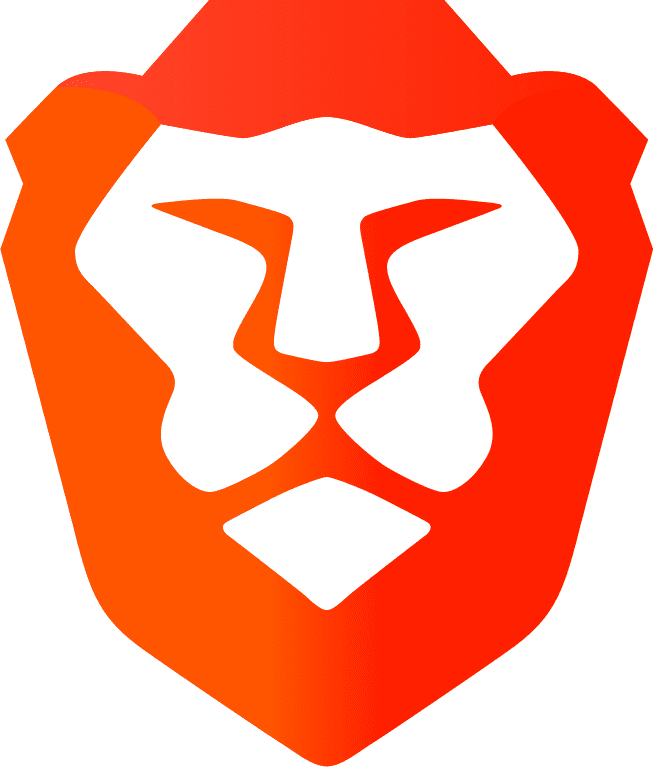The multi-platform, privacy-first, crypto-friendly chromium based web browser has consistently emphasized security, performance, and user experience above all.
It is worth clarifying that although Brave is based on Chromium, which sends data to Google, the Brave developers have removed this function entirely. Further, it’s built-in ad blocker “Shields” and WebTorrent downloader save users having to install what are typically all but required extensions. Still, most Chrome extensions are supported when needed. The “Shields” allow fine tuned blocking of cookies, trackers and fingerprinting. Not to mention saving loads of time and bandwidth! There is also a built-in Tor browsing mode, enabling even further privacy.

These essential features are all built into this one elegant, full-featured, resource efficient web browser. To top it all off, this cutting edge browser and it’s users exclusively play an integral role in the revolutionary Basic Attention Token (BAT) network.
That was some time ago now, and many may have forgotten or dismissed Brave, the Basic Attention Token, and it’s initiative to completely upend the online ad industry. The benefits of BAT can be broken down simply for each participant.

- Users are provided with strong privacy and security when viewing non-invasive advertisements, while also experiencing improved relevance and performance. Further, individual users are entitled to a share of BAT tokens for their participation in the ad network.
- Publishers can expect improved revenue, and reporting while reducing fraud.
- Advertisers can gain more customer attention at a lower cost, while achieving better attribution, and less fraud.
Fast forward to today, there are now over 25 million daily active Brave users, over 12 million active wallets, and over 1 million verified creators in the Basic Attention Token network.

Despite Google facing antitrust cases, as well as class actions siting illegal tracking of “private” browsing, they clearly still rule. Commanding over 90% of all search engine market share, and over 65% of the browser market. Former Mozilla executive, Brave CEO and co-founder Brendan Eich and the Brave team just might be the ones to change that after all...
That’s right. “Brave is building a search engine that respects your privacy.” Seemingly directly challenging Google’s current model, Brave Search won’t collect IP addresses or personalize results based on identifying information. According to Eich, Brave Search is set to launch in the first half of this year. He’s emphasized that Brave already has a default anonymous user model with no data collection at all, and Brave Search will continue this trend. No IP addresses will be collected and the company aims to create both a paid, ad-free search engine, and another that comes with ads. Additionally, Brave is creating a decentralized exchange (DEX) aggregator as well as a new, more fully featured, integrated Brave Wallet including NFT support.
BAT Roadmap 2.0 — Brave Decentralized Exchange (DEX) announced: Discounts when using BAT for transaction fees, discounts for BAT holders, BAT utility for search engines; new Brave Wallet, and more https://t.co/bJULXmKQEQ
— Basic Attention Token (BAT) (@AttentionToken) February 23, 2021
"One of our goals is to make tokens and crypto easy to use for all of our users. The custom DEX which we plan to explore could help achieve this goal by enabling users to exchange BAT and other assets at lower fees, and with better user interface and security, by being built into Brave. Ease of use is in our experience the key to adoption. Reducing friction brings in new layers of users as we work to normalize crypto for everyone."-Brendan Eich
Browser wars aren’t a new thing. Neither is the discussion over privacy of user’s data. There is still a long way to go, and the outcome is far from certain. Still, it’s an easy decision going with my heart on this one. I know which horse I’m betting on. I encourage every individual to recognize the role they play. To not underestimate how impactful the way in which they interact with the internet is becoming.
Stay safe gang!


